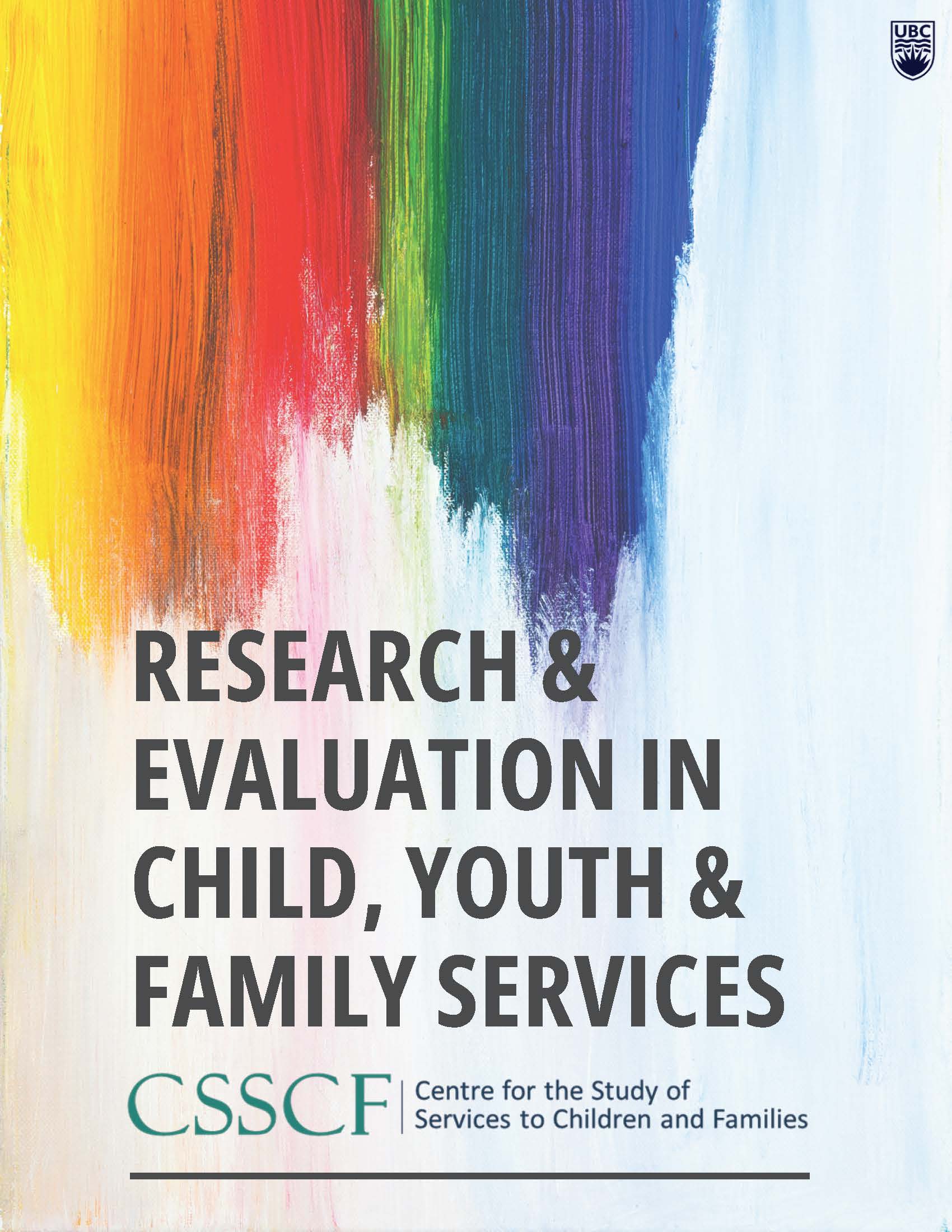Recognizing and Utilizing Cultural Strengths in Child Welfare
DOI:
https://doi.org/10.14288/recyfs.v1i1.197573Keywords:
Child Protection, child welfare practice, cultural strengths, diversity, Ministry of Children and Family Development (MCFD)Abstract
In 2011, British Columbia (B.C.) held the second largest immigrant population in Canada with Vancouver in particular being home to over 913,300 immigrants alone (Statistics Canada, 2013). This figure has consistently grown with the influx of newcomers and refugees of varying ethno-cultural backgrounds into Canada, highlighting the importance of culture and its impacts on our clients and families. Clearly, understanding culture has important implications for how the child welfare system interacts and serves families of diverse cultural and ethno-racial backgrounds in B.C. However, it is unclear how child protection workers make meaning of their own culture and interpret cultural diversity as a strength when working with this population. Therefore, by applying a critical theoretical lens, this project aimed to learn how social workers are currently recognizing and utilizing cultural strengths when working with children and families of diverse backgrounds, as well as determine what additional supports and resources are needed to better inform child welfare practice and strengthen overall service delivery within a Eurocentric hegemonic system.
In order to better understand how child protection workers are currently navigating the complexities of working with families of diverse cultural backgrounds, this study commenced with a systematic literature review. The existing literature demonstrated a need to further evaluate the extent in which child protection workers utilize and recognize cultural strengths when working with ethnocultural families in B.C.’s child welfare system. Also embedded within the existing literature was a widespread consensus that providing ample cultural training to workers contributed to improved services and outcomes for ethnocultural families.
Following this comprehensive literature review, the researchers of this project sought to capture major themes and insights from child protection workers as to how cultural strengths were being recognized and utilized in existing practice in B.C. by recruiting 39 participants, all of whom identified as child protection workers in B.C., to complete an online survey capturing quantitative data.
Analysis of data collected from this survey identified several themes, perhaps the most pertinent of which was an overall consensus amongst child protection workers in B.C. that their agency had not provided adequate training, and that staff at their agency would benefit from additional training initiatives aimed at increasing workers’ competency and agility when working with ethnoculturally diverse families. Furthermore, those child protection workers with an educational background in a discipline other than social work appeared more vulnerable to feelings of distress and not being supported by their agency when working with ethnocultural families.
The themes identified through dissemination of the data were clearly linked to the key findings embedded within the existing literature and these connections are explored in the discussion section of this report, followed by an acknowledgement of the limitations that may have impacted the study’s overall findings and results.
Key implications of the research findings were identified as: greater feelings of being supported and decreased moral distress amongst participants with a social work educational background, a lack of celebration and recognition of cultural diversity as a strength embedded within child protection agencies, and significant gaps in training aimed at strengthening child welfare practice with ethnocultural families received by child protection workers.
These implications, along with the overall findings of this study and what is known from existing literature, informed the following recommendations for future directions of research, policy and practice pertaining to the use of cultural strengths in child welfare practice in B.C.: continued exploration of how child protection workers in B.C. are being supported to recognize and utilize cultural strengths in child welfare practice through future cohorts of the UBC/MCFD research partnership; advancement and development of policy initiatives aimed at strengthening child welfare practice with ethno-cultural, immigrant, newcomer and refugee families through the provision of adequate training and diversifying of staff composition; and increased establishment, engagement and consultation with community connections in an effort to enhance the experiences of culturally diverse families interacting with the child protection system.
Downloads
Published
Issue
Section
License
Copyright (c) 2023 Research and Evaluation in Child, Youth and Family Services

This work is licensed under a Creative Commons Attribution-NonCommercial 4.0 International License.
This work is licensed under a Creative Commons Attribution-NonCommercial 4.0 Inrernational License. Copyright for articles published in this journal is retained by the authors, with first publication rights granted to the journal. By virtue of their appearance in this open access journal, articles are free to use, with propoer attribution, in edicational and other non-commercial settings.


